We naturally associate democracy . . . with freedom of action, but freedom of action without freed capacity of thought behind it is only chaos. |
FRI: My Book World |J. R. Ackerley's Hindoo Holiday
TUES: A Writer's Wit | Anne Tyler
WEDS: A Writer's Wit | Gelek Rimpoche
THURS: A Writer's Wit | Fran Lebowitz





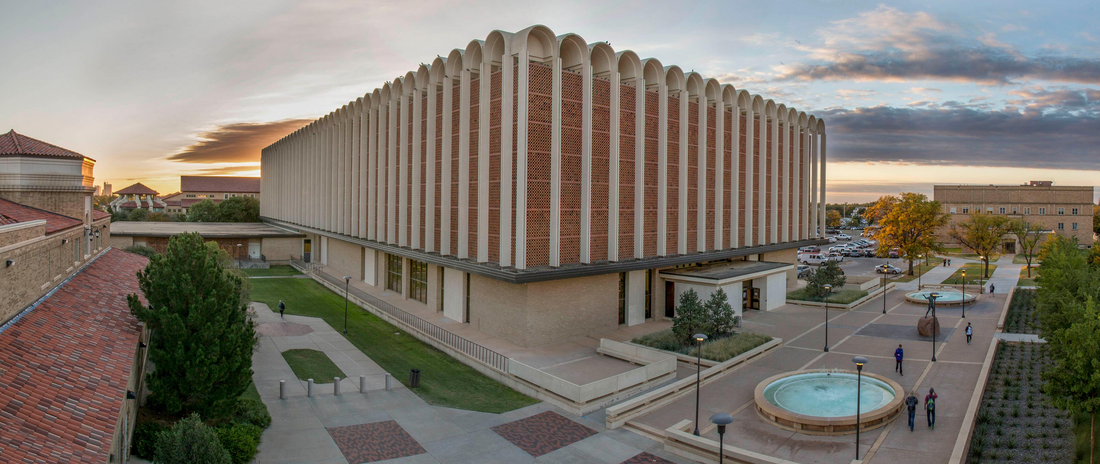


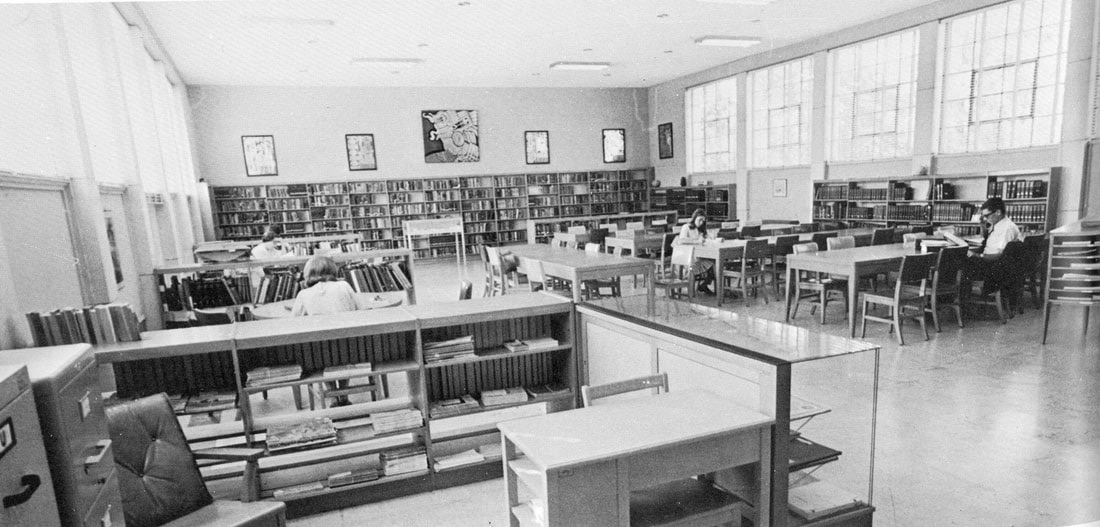
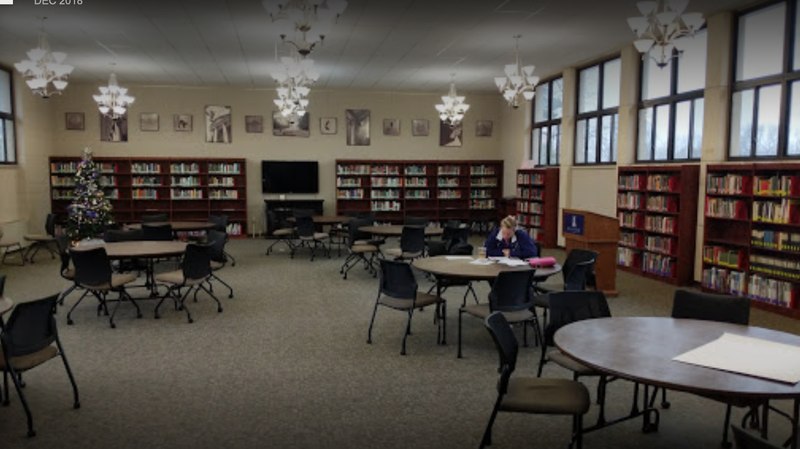
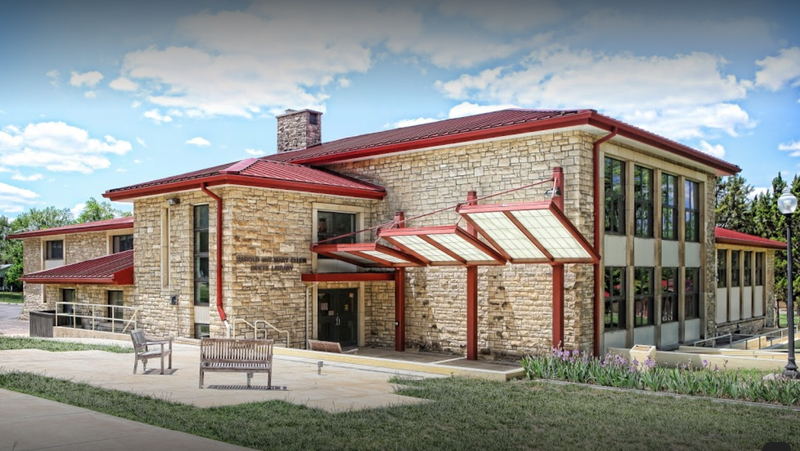


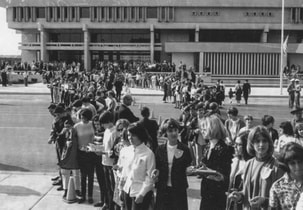

 RSS Feed
RSS Feed